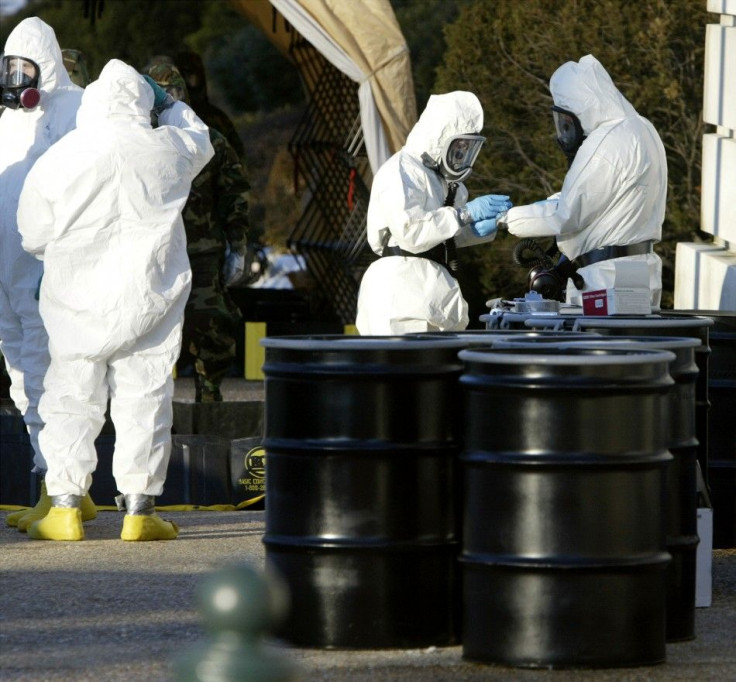US army could have prevented 2001 'anthrax mail attacks': report

The U.S. army failed to detect tell-tale signs of mental disorder in an army scientist who unleashed the anthrax letter attacks that killed five people in 2001, according to a panel of behavioral analysts.
The anthrax attacks, which also seriously crippled mail delivery in the country, could have been anticipated — and prevented, the panel said, according to the Los Angeles Times.
Army scientist Bruce E. Ivins had been held responsible for the nation's worst bioterrorism event, in which anthrax-laced letters were sent to news organizations and two U.S. senators even as the country was reeling from the 9/11 crisis.
The Expert Behavioral Analysis Panel said Ivins, who was a microbiologist with expertise in cultivating anthrax, was psychologically disposed to undertake the mailings; his behavioral history demonstrated his potential for carrying them out; and he had the motivation and means.
It blames the army for not monitoring Ivins' unstable behavior. The army had given him security clearance to handle bio-warfare agents like anthrax.
The report says the army did not investigate Ivins' behavioral history even after he gave signs of unstable psychiatric health. He had placed question marks next to these items regarding his psychiatric history: Memory Change, Trouble With Decisions, Hallucinations, Improbable Beliefs and Anxiety, according to the report.
Ivins committed suicide in 2008 by taking an overdose of Tylenol PM at a time when prosecutors were about to seek his indictment for murder, LA Times reported.
© Copyright IBTimes 2024. All rights reserved.





















